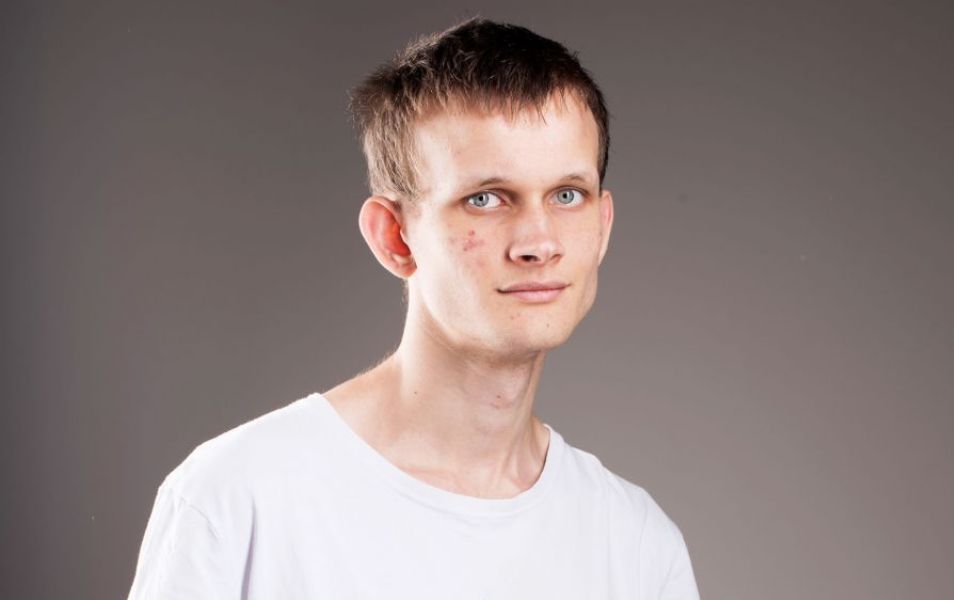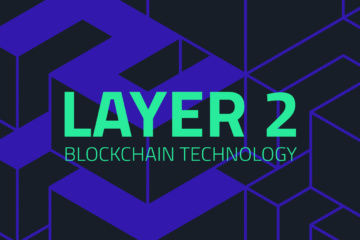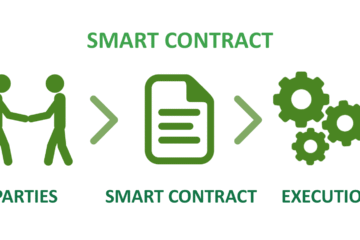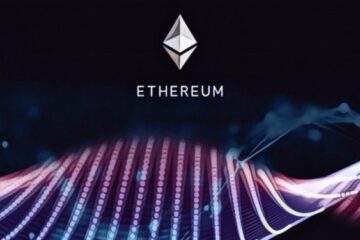Beginner’s Guide: What Is Ethereum?

What is Ethereum? How does it differ from Bitcoin? Why is it called “Blockchain 2.0”? Today, let’s lift the veil on Ethereum and explore its essentials.
01 The Prodigy: Vitalik Buterin
Before diving into Ethereum, we must introduce its legendary founder, Vitalik Buterin, often called “V God” by the crypto community.
In 2011, Vitalik’s father, a computer scientist, introduced his 17-year-old son to Bitcoin, which was just two years old (Satoshi Nakamoto published the Bitcoin whitepaper in 2008, and the first Bitcoin was mined in January 2009).
Captivated by Bitcoin, Vitalik began writing blockchain-related articles for a media outlet’s forum and co-founded Bitcoin Magazine.

In 2013, at 19, he attended a Bitcoin conference in the U.S. Inspired but frustrated by the incremental improvements others were making to Bitcoin, he felt they failed to address its core limitation: limited functionality.
Like Bill Gates and Mark Zuckerberg before him, Vitalik dropped out of college. He spent six months traveling the world, meeting individuals and teams working to enhance Bitcoin. Disappointed by their lack of ambition, he decided to start from scratch. In 2014, at 20, he crowdfunded Ethereum’s development, and in 2015, Ethereum launched.
02 Ethereum: A Distributed Computing Platform
From our previous articles, we know Bitcoin is a distributed ledger focused on recording transactions.
Ethereum, however, is a distributed computing platform. Beyond ledger-keeping, it can run programs.
Think of Bitcoin as an old-school “brick” phone, good only for calls. Ethereum is like an early “feature” phone, capable of running simple games like Tetris in addition to calls.
(Left: Brick phone; Right: Feature phone. Image source: Internet)
As a distributed computing platform, Ethereum, like Bitcoin, is decentralized. Nodes worldwide collectively maintain a transparent, tamper-proof ledger. Unlike Bitcoin, Ethereum offers a Turing-complete scripting language, allowing developers to build small programs (or “smart contracts”) on its network.
These programs are hosted and executed by Ethereum’s nodes, and transactions (like transfers) are recorded by them. To compensate nodes for their work, users pay fees. In Bitcoin, fees and miner rewards are paid in BTC. In Ethereum, they’re paid in Ether (ETH).
03 Smart Contracts: Ethereum’s Killer Feature
If Ethereum were just a distributed computer running programs, it wouldn’t earn the “Blockchain 2.0” title. Its true game-changer is smart contracts.
What’s a smart contract? Simply put, it’s a self-executing contract with terms coded to run automatically.
Here’s an example:
Bob and Alice each bet $100 on a Germany vs. Brazil soccer match. If Germany wins, Bob gets Alice’s $100; if Brazil wins, Alice gets Bob’s $100; if it’s a tie, no money changes hands. If the loser backs out after the match, the winner has no recourse—verbal agreements are hard to enforce, and legal action is impractical.
With a smart contract on Ethereum, Bob and Alice can code the rules, deposit their “money” (Ether) into the contract’s account. The next day, the smart contract automatically checks the official match result. If Germany wins, the funds go to Bob’s account; if Brazil wins, they go to Alice; if it’s a tie, the funds return to their original accounts.
While Bitcoin ensures tamper-proof transaction records, Ethereum’s smart contracts eliminate the need for trusted intermediaries, removing the need for third-party guarantees.
(Image source: cryptocoinspy)
Ethereum’s rise and fall have been tied to Initial Coin Offerings (ICOs). Smart contracts made it easy for projects to issue tokens for fundraising. In 2017, the ICO boom drove Ether’s price from around $8 to over $1,400.
In 2020, the explosion of Decentralized Finance (DeFi) further solidified Ethereum’s ecosystem, cementing its position as the leading public blockchain.
04 Conclusion
To sum up, Ethereum is a distributed computing platform developed by prodigy Vitalik Buterin. It not only records transactions but also runs programs, with smart contracts as its killer feature.
If you could develop a program on Ethereum, what would you create? Feel free to let your imagination run wild and share your ideas in the comments!










